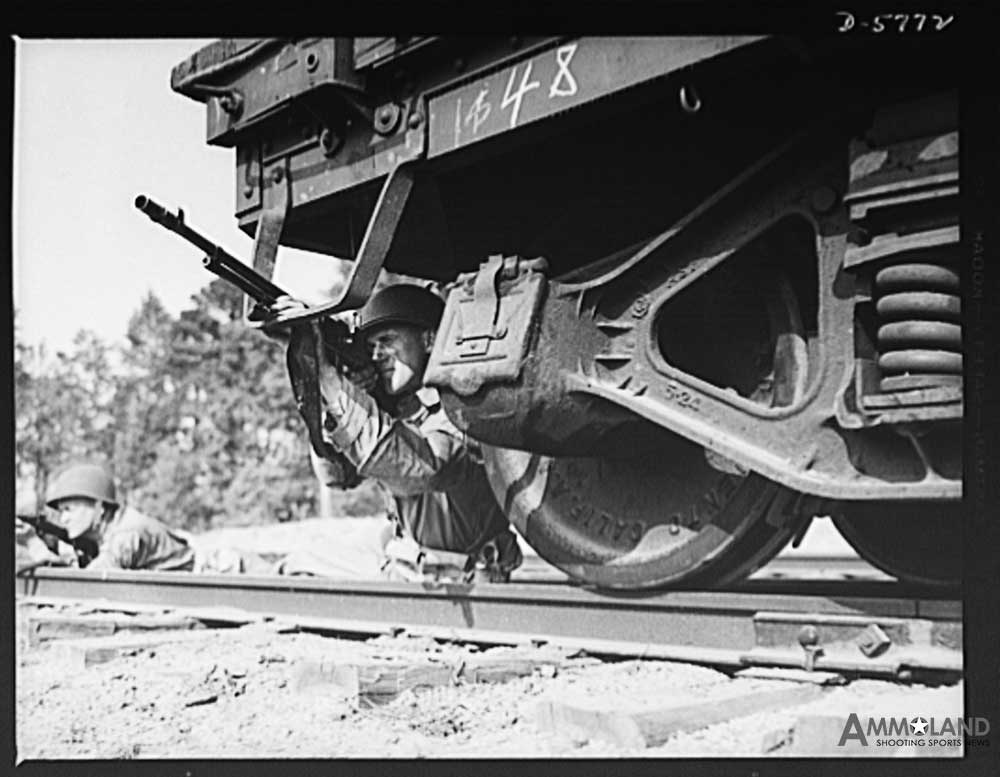Via WRSA, this bracing piece. It’s about the nature of the Russian Bolshevik revolution, but it could have been written a day ago about America.
Anyone wearing a uniform was a candidate for a bullet to the head or sulfuric acid to the face. Country estates were burnt down (“rural illuminations”) and businesses were extorted or blown up. Bombs were tossed at random into railroad carriages, restaurants, and theaters. Far from regretting the death and maiming of innocent bystanders, terrorists boasted of killing as many as possible, either because the victims were likely bourgeois or because any murder helped bring down the old order. A group of anarcho-communists threw bombs laced with nails into a café bustling with two hundred customers in order “to see how the foul bourgeois will squirm in death agony.”
How did educated, liberal society respond to such terrorism? What was the position of the Constitutional Democratic (Kadet) Party and its deputies in the Duma (the parliament set up in 1905)? Though Kadets advocated democratic, constitutional procedures, and did not themselves engage in terrorism, they aided the terrorists in any way they could. Kadets collected money for terrorists, turned their homes into safe houses, and called for total amnesty for arrested terrorists who pledged to continue the mayhem. Kadet Party central committee member N. N. Shchepkin declared that the party did not regard terrorists as criminals at all, but as saints and martyrs. The official Kadet paper, Herald of the Party of People’s Freedom, never published an article condemning political assassination. The party leader, Paul Milyukov, declared that “all means are now legitimate . . . and all means should be tried.” When asked to condemn terrorism, another liberal leader in the Duma, Ivan Petrunkevich, famously replied: “Condemn terror? That would be the moral death of the party!”
Not just lawyers, teachers, doctors, and engineers, but even industrialists and bank directors raised money for the terrorists. Doing so signaled advanced opinion and good manners. A quote attributed to Lenin—“When we are ready to kill the capitalists, they will sell us the rope”—would have been more accurately rendered as: “They will buy us the rope and hire us to use it on them.” True to their word, when the Bolsheviks gained control, their organ of terror, the Cheka, “liquidated” members of all opposing parties, beginning with the Kadets. Why didn’t the liberals and businessmen see it coming?
[ … ]
In one memorable scene, the hero of Solzhenitsyn’s novel November 1916, Colonel Vorotyntsev, finds himself at a social gathering principally of Kadet adherents, where everyone repeats the same progressive pieties. He soon grasps that “each of them knew in advance what the others would say, but that it was imperative for them to meet and hear all over again what they collectively knew. They were all overwhelmingly certain that they were right, yet they needed these exchanges to reinforce their certainty.” To his surprise, Vorotyntsev, as if under a spell, finds himself joining in. It requires an effort to remind himself that what these progressives say about “the people,” whom they do not know at all, contradicts everything he has learned from his acquaintance with thousands of common soldiers. When Vorotyntsev ventures the slightest discordant observation, “just . . . one little thing . . . they were all on their guard. They fell silent, as they had been speaking, in unison, and their silence was aimed at the colonel.” He retreats and, as if hypnotized, repeats progressive pieties with the rest.
What is this strange political hypnosis? Vorotyntsev gives ground and holds his peace, “not because he felt he was wrong, but out of fear of saying something reactionary,” a word Solzhenitsyn italicizes to suggest that, in other cultures and periods, a different term of opprobrium will play the same role. Soldiers who are brave under fire cower before progressive opinion. For a long time, Vorotyntsev cannot bring himself to voice counterarguments, “and he despised himself for it. . . . It was a contagious disease—there was no resisting it if you came too close.”
This rehearses in stark form what we’ve discussed many times here on these pages, that is, the claim that one is going to be “Gray Man.”
Stay hidden, stay silent, amass your inventory, don’t silhouette on roofline, and when the proper time comes, you’ll oppose tyranny, whether tyranny of language, tyranny of gun control, or financial tyranny. I humor such beliefs with the approval of nom de guerre comments, and in fact have been scolded before by readers who send articles in for publication and commentary for giving out even their first name. So I just now say, “from a reader.”
But your free speech rights are the first to go. When the progressives have taken the academy, the police, the military, the churches, the grade schools, the corporations and every other aspect of the culture, it’s too late to go public and defend your home and hearth against tyranny.
The founders used their real names. They knew the stakes. Staying “Gray Man” because you want to prepare is a recipe for failure, or better, a dangerous opioid that may dull the senses into false beliefs.
This isn’t exaggeration. Soldiers who can brave fire often find it difficult to oppose peer pressure, because, after all, “what will people think of me?”




